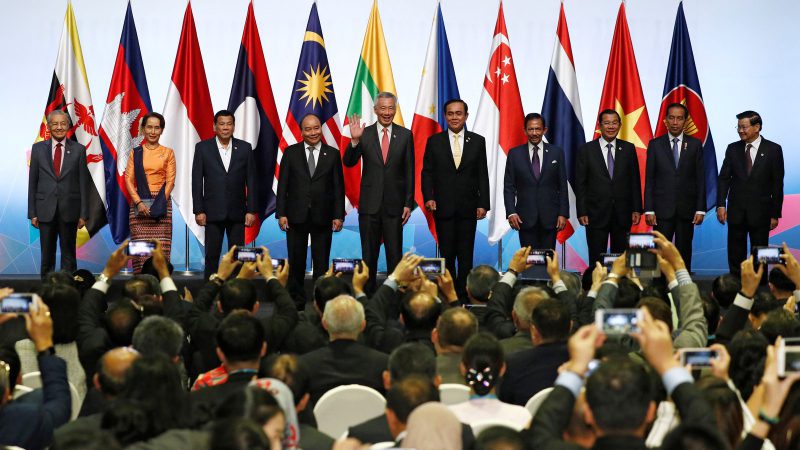New BRICS member, The United Arab Emirates (UAE) is looking to settle oil payments in local currencies and sideline the US dollar. The UAE is looking for potential countries that would like to settle payments in local currencies like the Dirham. Recent reports indicate that the UAE is looking to renew oil and gas trade agreements with 15 countries that are willing to pay local currencies for settlement.
Read here to know how many sectors in the US will be affected if BRICS completely stops using the dollar for oil and gas deals.
The countries that the UAE is considering to approach for oil trade are BRICS members China, India, Russia, and Egypt. Apart from BRICS members, the UAE is looking to bring new countries into its fold that are willing to pay in local currencies and not the US dollar.
Also Read: BRICS: Why Is the Indian Rupee Crashing Against the US Dollar?
BRICS: The UAE Leading the Path To Promote Local Currencies, End US Dollar Dependency


The new BRICS members are laying the foundation for the de-dollarization initiatives. India and the UAE already settled oil trade in local currencies in September this year. The move was a historic landmark shifting away from the US dollar for oil and gas trade. India paid its local currency, the Rupee, to settle 1 million barrels of oil with the UAE.
Also Read: BRICS: De-Dollarization Gaining Steam in Developing Countries
Additionally, Saudi Arabia also confirmed that the Kingdom is open to accepting local currencies for oil. The development threatens the existence of the US dollar as developing countries can now opt for local currencies instead. BRICS looks to uproot the US dollar’s dominance in the oil sector and replace it with their respective local currencies.
Also Read: BRICS: US Dollar Top Loser as Saudi Arabia Pays Chinese Yuan For Trade
The development could put the US economy in jeopardy as the dollar will find it difficult to fund its deficit. The next few years could decide the fate of the dollar in the global currency markets.





